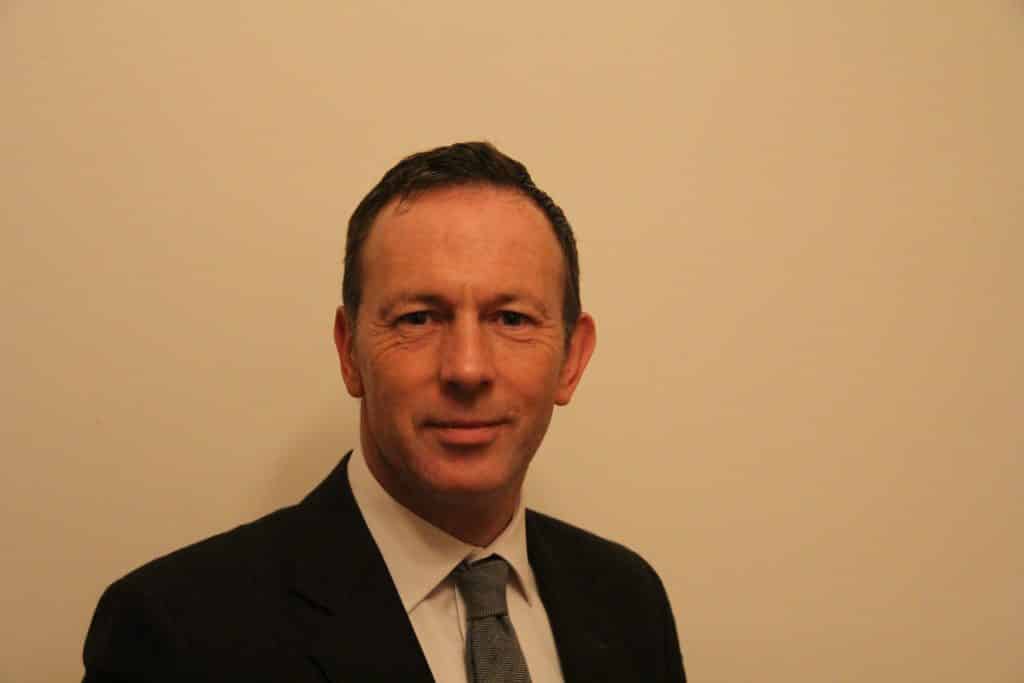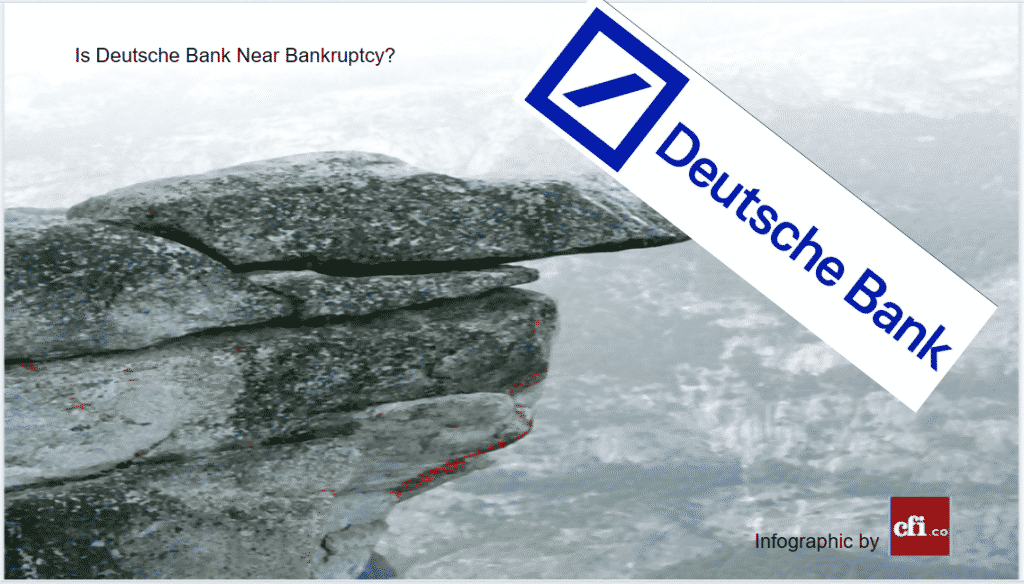For most that do not invest in stocks, the idea of the stock market seems very risky and scary. For them, the risk appears to outweigh any potential upside. However, this is not the case!
Investment in stocks can seem intimidating, but it doesn’t have to be. This investment advice will help you start improving your investing skills today.
Stock Market 101: Investment Advice for Beginners
You may be wondering if investing is a good idea for you. Of course, it is! Every person needs to invest in order to grow their financial accounts.
Having your money tied up in traditional savings accounts alone will not do it. Not only will it provide it a low rate of return, but it probably will not even keep up with inflation.
Investment Platforms
Before we talk about the stock market in more detail, let’s talk about how you can purchase them. There are three main outlets in managing stock investments- online brokers, investment advisors, and robo-advisors.
While they are all different, one will be perfect for your personal situation and needs.
Online Brokers
It is no surprise that many people turn to online brokers when looking to invest in the stock market. The most significant upside to online brokers is that you can handle everything entirely online. Also, you can invest in a wide variety of items.
However, online brokers are not always beginner-friendly. While they offer some investment advice, most online brokers are geared towards those with more experience and comfortable in managing their own investment portfolios.
Investment Advisors
Investment advisors are dedicated professionals that can give you personalized investment advice. These advisors work with people one-on-one and can give you direct investment advice based on your goals, timeline, and how much risk you want to take.
After discussing this with a potential investor, the investment advisor will create a diverse portfolio that is appropriate for their needs and wants. The portfolio is filled with a wide range of products.
For most beginners, it can be challenging to find an investment advisor to work with. Many advisors only work with those with an extensive portfolio or significant amount of money (starting around $250,000) available to invest.
Robo-Advisors
Robo-advisors are recent additions to the scene but have quickly become a popular way to invest in the stock market. Offering similar services as investment advisors, they do not require a high investment, making them within reach for all investors.
Just like traditional investment advisors, robo-advisors will evaluate your goals, needs, and tolerance to risk. They will create a personalized portfolio that will be filled with lower-cost products. This helps you save money as the fees will not be as high as other avenues.
Robo-advisors are available to investors, both new and established. No matter your income available for investing, a robo-advisor can create a portfolio for you!
Stocks
Stocks are a popular product to use when investing in the stock market. Usually, stocks highly outperform other investments and outpace inflation.
Many investors make stocks the primary investment in their portfolio. While they tend to diversify for lower risk tolerance, investors keep coming back to stocks for their high return.
So, how much of your portfolio should be stocks? For a conservative portfolio, a common rule is that the percentage of a portfolio that should be stocks is 120 minus your age. For example, if you are 40, 80% of your portfolio should be stocks. Then, when you turn 50, that number lowers to 70%.
Stocks to Invest In
So what stocks should you invest in? As a new investor, you should focus on categories, not individual stocks. We will go over some of the standard and best stock categories to invest in as a beginning investor.
Value Stocks
Value stocks trade at lower prices. These are usually companies that are recovering from some difficulty or had faced some legal issues. Because of this, their prices are lower than other stocks.
However, the benefit can be yours once the company recovers. Your investment in value stocks will likely outperform the stock market in general over the long term.
High Dividend Stocks
High dividend stocks are just what their name suggests, a stock that pays out a higher dividend than the average. Since around half of the return on stocks comes from dividends, it just makes sense to invest in high dividend stocks.
These are also a great way to give a bit of protection to your portfolio. Having high dividend stocks can provide some level of protection during a downturn in the stock market.
Growth Stocks
Growth stocks are from those businesses that are growing faster than their competitors and other companies that are listed on the general stock market. Even though they traditionally do not pay dividends, the return comes from the rising stock price when help on to long-term.
Just a piece of investment advice on growth stocks: these are considered high risk. While the potential is strong for growth, they may also take significant hits when there is a downturn in the market. Just remember that these are a long-term return stock, and you should be OK.
Start Investing in Stocks
Now that you know a little more about stocks and investing, you may wonder if you should get started. There are some steps you should take beforehand to ensure that you are ready!
First, you need to get a solid financial base. Some basics to follow includes having sufficient and stable income, an emergency fund that covers three to six months of expenses, and a track record of saving. This will help set you up for a solid beginning to your investment portfolio.
Second, you should further educate yourself about the different types of investments and products available in the stock market. Just remember to never invest in something you don’t understand. When purchasing a stock, you are actually investing in a specific business.
When investing in a business, you should educate yourself on that business and its industry as must as you possibly can.
Investment Advice
While all of this may seem overwhelming, there are many advisors and sites ready to help you with any investment advice that you need. Don’t let the fear of the stock market stop you from realizing your financial goals.
Check out our blog for more information on how to guide your investment and enhance your ROI.






